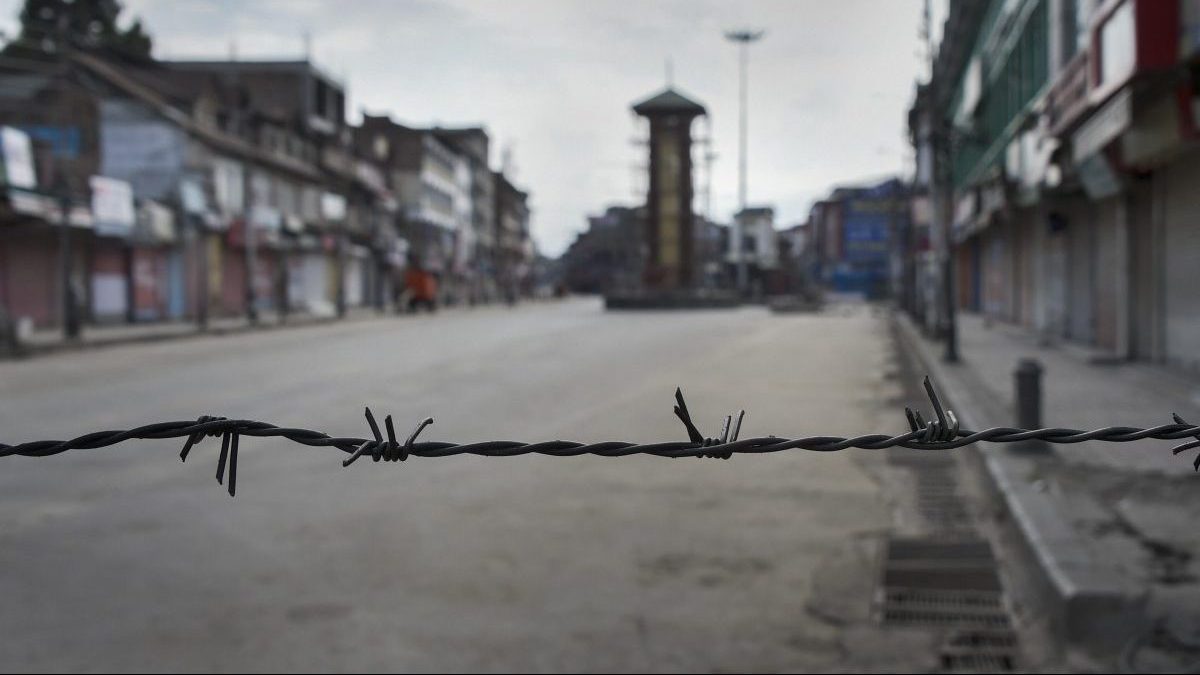
How Centre’s new laws will change land purchase in J&K

More than a year after Jammu and Kashmir was stripped of its special status through the abrogation of Article 370 and Article 35-A, the Centre on Monday (October 27) threw the Union territory’s land open for sale by amending and notifying its land laws.
Article 370 and Article 35-A prohibited non-residents from buying immovable property in Jammu and Kashmir.
What changes have been made?
The Ministry of Home Affairs has notified the Jammu and Kashmir Reorganisation (Adaptation of Central Laws) Third Order, 2020.
The government has repealed 26 state laws and substituted them with new ones.
In a gazette notification, the government has knocked off the phrase “permanent resident of the state” from Section 17 of the Jammu and Kashmir Development Act which deals with sale of land.
What will it mean?
By removing the reference to “permanent residents of the State” from laws, the government can now sell land acquired for industrial or commercial purposes to anyone.
According to reports, even though the clauses open sale of land in the Union territory, the government may provide some protection through certain notification to avoid any misuse of the new rules.
Related news: Omar Abdullah: ‘BJP and RSS do not want a Muslim majority state’
While under the Jammu and Kashmir Agrarian Reforms Act, transfer of land by an individual was only limited to the “Government of Jammu and Kashmir” the new amendment has replaced the recipient with “Government, or its agencies and instrumentalities”.
The new amendment also allows transfer of ownership of land for ‘contract farming,’ or grant of lease or mortgage for loan, while earlier it was just limited to the latter.
The government has also amended the Jammu and Kashmir Development Act, 1970, introducing Section 11 A which projects notified development zones from application of Land Revenue Act and Agrarian Reforms Act.
The government has also included Section 133 H in the Agrarian Reforms Act, which prohibits sale of agricultural land to “non-agriculturists”. These lands, however, can be transferred to the government or a “company or a corporation or a board established by or under a statue and owned and controlled by the government or a government company as defined in the Companies Act, 2013” and will be only used of public purposes.
Under the new amendment, the government, when wants can transfer agricultural land in favour of “a person or an institution for the purpose of promotion of healthcare or senior secondary or higher or specialized education”.
Related news: Will raise India flag only with ‘flag of Kashmir’: Mehbooba Mufti
The section also allows the government to allow transfer of land to any person, institution or corporation for industrial, commercial, housing, agricultural or public purposes.
The government has amended Section 16 of the Act, to allow acquisition of land for development under the Right to Fair Compensation and Transparency in Land Acquisition, Rehabilitation and Resettlement Act, 2013.
The government has diluted restrictions on conversion of agricultural land to non-agricultural land. What earlier needed the approval of the revenue minister would now just need the consent of the district collector.


